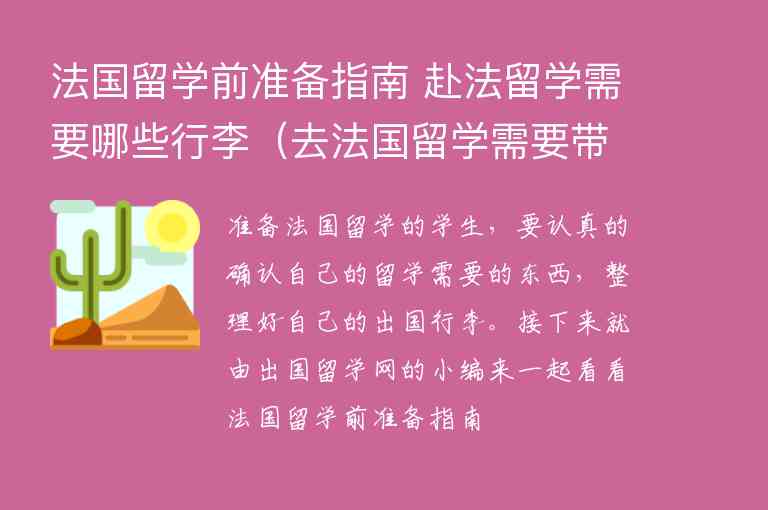censorship是指对文字、影像、音乐等媒体内容的审查和限制,以防止其传播或公开。它通常由或其他权威实施,旨在公众接触到的信息,以保护社会秩序和稳定。
怎么读(音标)
英 [ˈsensəʃɪp] 美 [ˈsensərʃɪp]
用法
censorship作为一个名词,可以用作可数名词或不可数名词。当作可数名词时,它指的是具体的审查行为;当作不可数名词时,它指的是整体的审查制度。
例句1-5句且中英对照
1. The government has imposed strict censorship on the media, limiting the freedom of speech.对媒体实施了严格的审查制度,限制了言论自由。
2. The film was heavily censored before its release, cutting out scenes that were deemed inappropriate. 这部电影在上映前经过了严格的审查,删除了被认为不合适的场景。
3. Many people criticize censorship as a violation of their right to information. 许多人批评审查制度侵犯了他们获取信息的权利。
4. The book was banned due to its controversial content, but some argue that this is a form of censorship. 这本书因为其有争议的内容被出版,但也有人认为这是一种审查制度。
5. The censorship of the internet has become a ic of debate in many countries, with concerns about freedom of expression and access to information. 已成为许多的争论话题,人们担心言论自由和信息获取受到限制。
同义词及用法
1. Control:指对信息的管理和监督,可以作为censorship的同义词使用。:The government exercises strict control over the media.
2. Suppression:指对信息的抑制和压制,也可以用作censorship的同义词。:The suppression of free speech is a violation of human rights.
3. Regulation:指对信息的规范和管理,也可以与censorship互换使用。:The government has imposed strict regulations on the press.
编辑总结
censorship是一种或权威实施的审查制度,旨在公众接触到的信息。它可能限制言论自由和信息获取,但也可以保护社会秩序和稳定。与其同义词control、suppression、regulation等都有着相似的含义,但每个词都有着不同的侧重点。在现代社会中,随着互联网的发展,如何平衡审查与言论自由之间的关系仍然是一个备受争议的问题。

